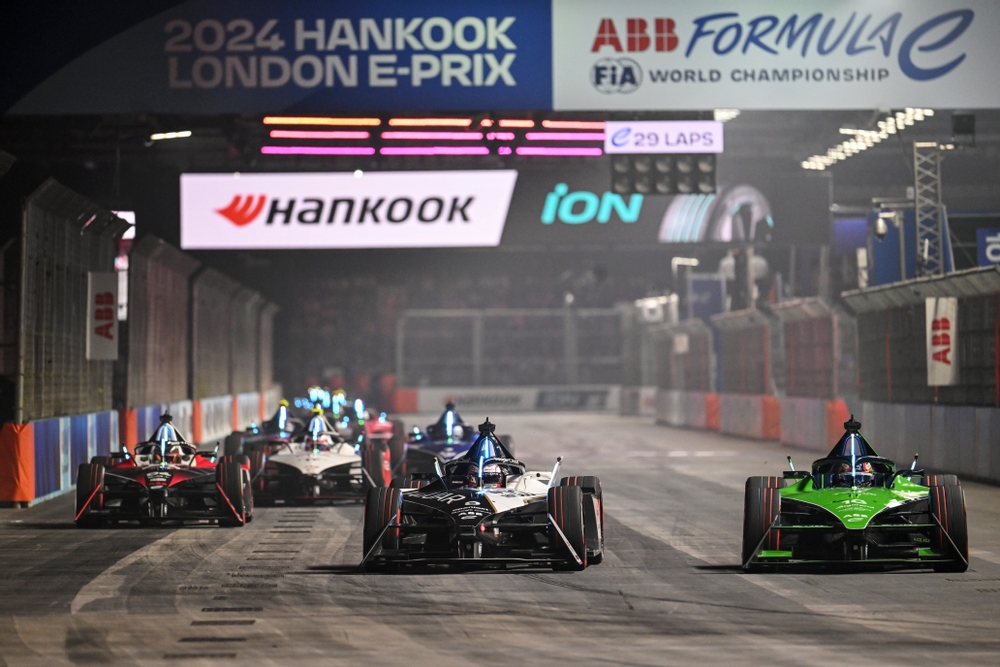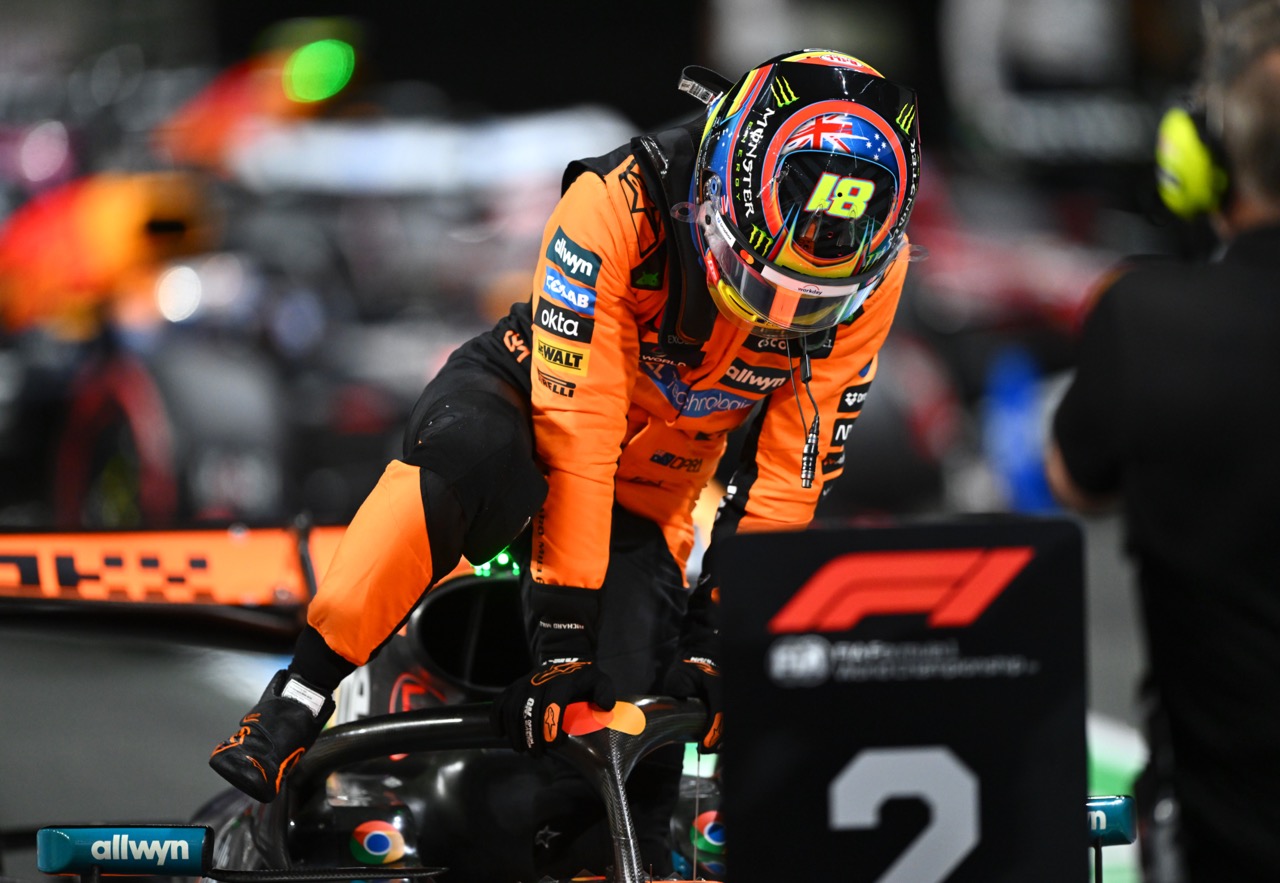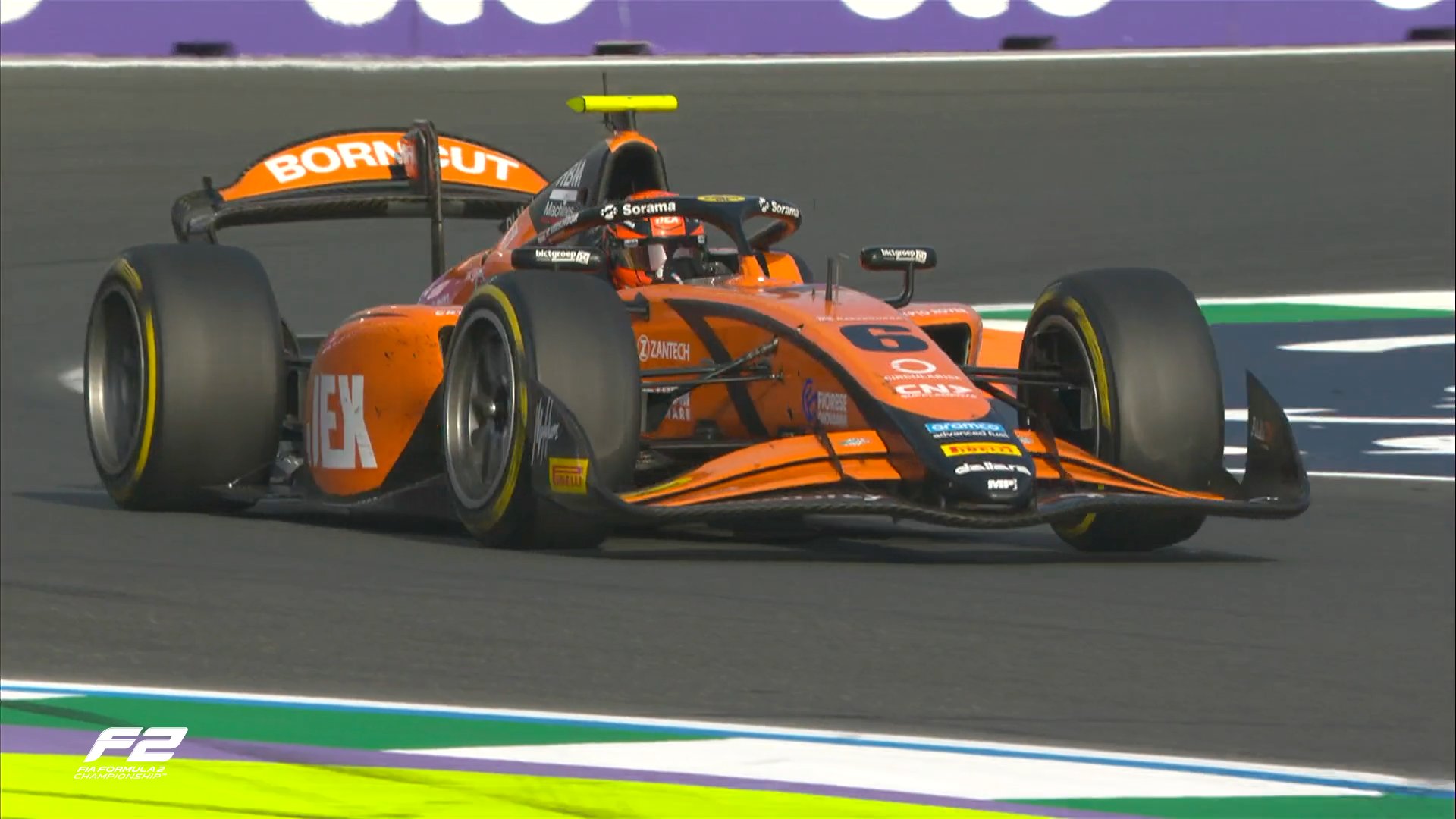Jaguar and Nissan Formula E teams have become the first to face penalties for breaching the championship’s cost cap, which was introduced for the 2022-23 season. Both teams have been handed sanctions by the FIA for minor overspending, highlighting the sport’s growing emphasis on financial regulations.
According to reports, as a result of the breaches, both teams will miss the first three hours of pre-season testing at Valencia next month. In addition, Nissan Formula E Team has been fined €300,000 for a 1.96% overspend (€269,252), while Jaguar TCS Racing has been penalized €100,000 for a 0.6% overspend (£73,849). These penalties come under the FIA’s Accepted Breach Agreement (ABA), a similar process to what was used in Formula 1 for Red Bull Racing’s 2022 breach of cost regulations.
The FIA praised the teams for their transparency and cooperation during the review process, recognising that both teams worked closely with the governing body to resolve the matter.
“The Cost Cap Administration recognised that they have acted cooperatively throughout the review process and have sought to provide additional information and evidence when requested in a timely manner. This is the first year of the full application of the financial regulations, and there is no accusation or evidence of aggravating factors,” the FIA stated.
Nissan, which fielded Sacha Fenestraz and Norman Nato during the 2023 season, finished seventh in the teams’ standings with notable performances such as a pole position for Fenestraz in Cape Town and a second-place finish for Nato at the Rome E-Prix. Nissan attributed part of its breach to the challenges faced during its transition to in-house operations after splitting from its long-time partner, e.dams.
In its statement, Nissan explained: “Nissan Formula E team recognises to have unwittingly and unintentionally incurred in a minor procedural and overspend breach of 2.0% of the cost cap. Following a very cooperative review process with the Cost Cap Administration and an exhaustive internal audit, Nissan Formula E team has determined that these minor breaches are exclusively related to the process of interpretation and adaption of the new financial regulations.”
Jaguar, which narrowly finished second in the teams’ standings with Mitch Evans securing third in the drivers’ championship, also cited procedural errors. The team’s breach resulted from the incorrect filing of a senior staff member’s costs, which should have been categorized differently.
Jaguar stated: “Following consultation with the FIA, we believe that had we filed correctly, we would have been fully compliant with teams’ cost cap, and the minor overspend breach would not have occurred. Unfortunately, we understand a refiling is not allowable by the current regulations.”
Despite the sanctions, the penalties imposed on Jaguar and Nissan are relatively minor in the grand scheme of Formula E testing. Both teams will still have ample time to prepare, with more than two and a half days of testing remaining, alongside 20 manufacturer test days throughout the season.
However, reports state, the timing, and nature of these penalties come during a period of widespread disruption across the grid. The 2023 season, which introduced the Gen3 cars, was riddled with technical issues related to batteries, brakes, and other key components, leading to higher-than-expected costs. In light of this, some may argue that the penalties are tough given the broader context of the season’s challenges.
Additionally, concerns have been raised about the long-term impact of the cost cap, particularly regarding the potential for brain drain as salaries for key staff are capped. While driver salaries are currently excluded from the cost cap, this is subject to review in 2026.
Jaguar and Nissan are the only teams penalized following the 2022-23 financial audit. However, with the deadline for final submissions covering both the 2022-23 and 2023–24 seasons set for November 30, it’s possible that other teams could face similar penalties in the future.





